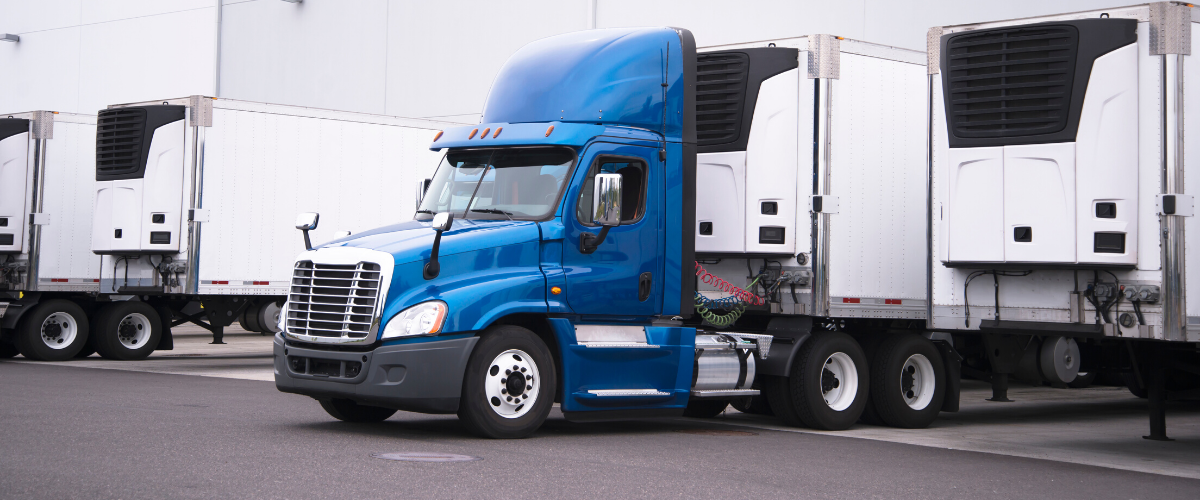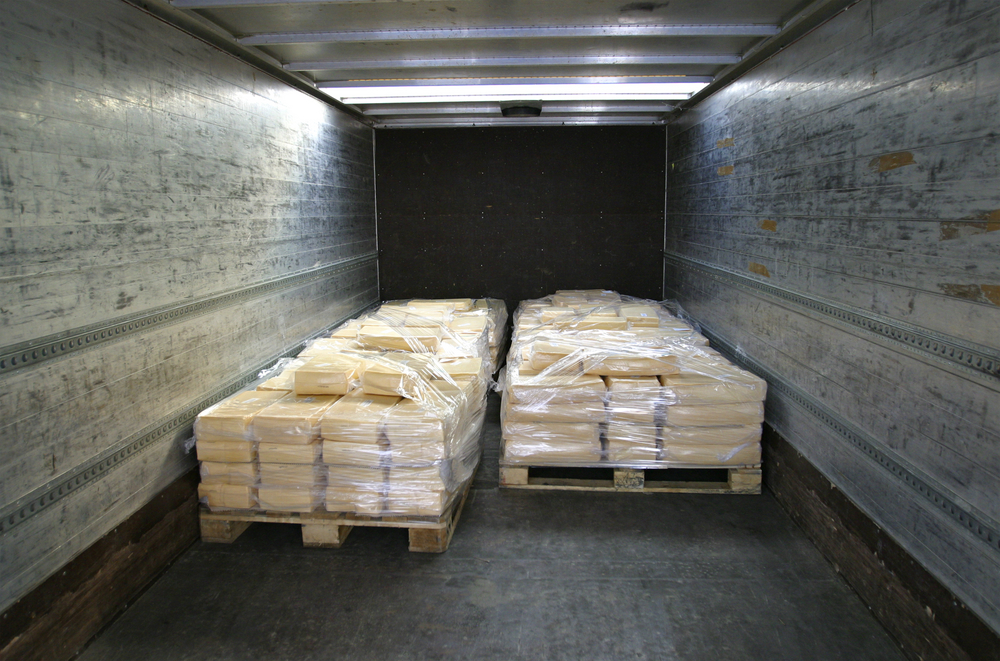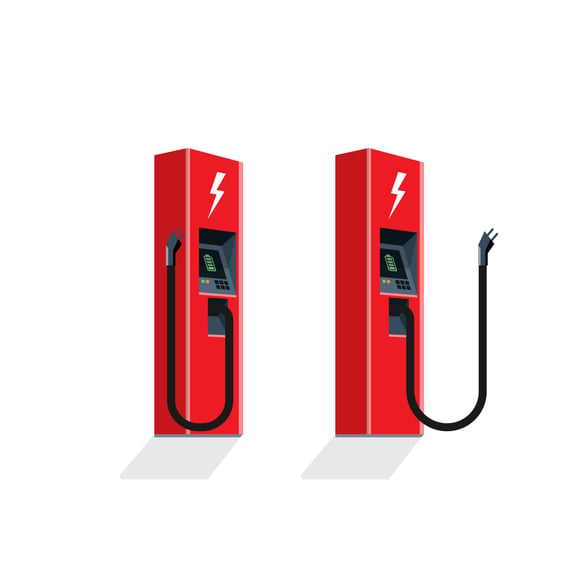Cargotech | Future Glimpse: Adopting Electric-Powered Reefer Units

Truck manufacturers and suppliers have been making a move toward electric-powered trucks and components. Suppliers of transport refrigeration units are designing and testing prototypes, with some introducing the first electric products in the industry.
But as companies roll out this "next generation" hardware on the road, it is not without some confusion regarding the overall benefit it brings to the industry.
Here's an overview of what you need to know about electric-powered reefer units and how they could benefit your company.
What's Driving the Trend toward the Electric Option?
Traditionally, reefer units and other large trucks have relied solely on diesel fuel to run. Diesel power also includes when vehicles are idling, as perishable cargo needs to be continually refrigerated. In recent years this has sparked not only environmental concerns but presents the issue of dependency on fossil fuels, like diesel.
Consumers are paying more attention to what efforts companies are making to move toward more sustainable, environmentally-friendly practices. Because of this, stores are more apt to stick with or switch to organizations that have or are taking steps to be more environmentally conscious.
Another pain point with traditional reefer units relates to continual upkeep costs. Diesel fuels are known for volatile pricing due to unstable markets. Prices for fuel can shoot up overnight because of events that are out of carriers' control like:
- Attacks on oil fields that threaten the supply of oil.
- Catastrophic accidents at major refineries.
- Severe weather conditions that affect fuel supplies, or even prevent truckers from delivering their cargo promptly.
- Long wait times at ports or delivery points.
Having the availability to keep refrigerated units running without the need for diesel can help reduce costs for carriers, and in turn, shippers and consumers. As fuel costs continue to increase in the future, the appeal of electric reefer units will continue to grow.

How Do Electric Reefer Units Work?
While some might think that electric trailer refrigeration units (TRUs) are a new technology, these systems have been around since at least the 1970s. Thermo King was a pioneer in the development of these systems.
There is still some confusion among the industry as to how exactly these electric reefer units, or TRU's, work. An electric reefer unit does not eliminate the need for diesel fuel for the reefer but instead makes it more of a hybrid. What the unit does is take away the need for diesel to be used to run the reefer's refrigeration unit when the rig is idle. The refrigeration system will switch to electricity by plugging into an available power source.
The problem facing the adoption of electric reefer units is that even though the technology has been around for decades, less than 20 percent of truck stop locations have the infrastructure in place to plug these TRU's in. As awareness and appeal for these units grow, infrastructure needs to meet the demand, including upgrading truck stops, rest areas, and suitable private locations with the necessary power hook-ups.
To address this issue, some manufacturers have engineered their solely diesel-fueled units with prep kits that will allow fleets to upgrade to hybrid capability if they add shore-power infrastructure in the future.
Benefits of Electric TRUs
One of the questions many have about the move toward using electricity versus diesel to power idle reefers is that electricity costs money, too.
However, there is a big difference between the cost of electricity versus the cost of diesel. But it's not just the cost for diesel fuel that carriers will save. Switching to electricity will help fleets save money because their 3,000 to 4,000-hour unit service intervals extend each time they run on electric power.
Another concern is the trade-off between the capability of an electric unit's ability to pull down a hot trailer compared to a diesel-powered one. Electric TRU manufacturers have designed systems with two different types of power to address such operating conditions:
- Units use high-speed diesel power to lower the trailer temperature quickly and switch over to shore power.
- The electric motor then mimics a low-speed diesel engine that consistently maintains the desired temperature setting

What's on the Horizon with Electric-Powered Reefer Units?
As demand grows for electric-powered reefer units, so will the need for infrastructure to meet that demand. Manufacturers like Transicold are designing units that consume less electricity and contain more power than previous models.
Hyundai Motor Company's commercial division is working on eliminating the need for diesel fuel entirely by continuing research on fuel cell technology and hydrogen-only options. It is Hyundai's goal to move toward a decarbonized society and zero-emission vehicles.
---
Cargobot is an industry leader in enabling shippers and carriers to work directly. Their easy-to-use platform opens a network of certified carriers nationwide. Easily track freight in real-time, remove hidden broker fees, keep all essential documents organized, and access 24/7 support from a dedicated customer service associate.
Learn more about how Cargobot is leading the way in helping inland freight go direct. Visit the Cargoblog to stay up to date with the latest in inland freight news, Learn more about us by touring Cargobot Academy, or download the shipper app on iOS or Android.


